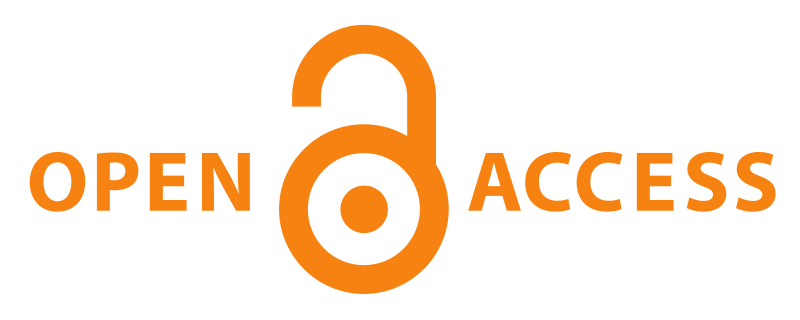Arterial Hypertension and Risk of Mortality in Patients with COVID-19 Infection
DOI:
https://doi.org/10.26332/seemedj.v6i1.239Keywords:
arterial hypertension; , COVID-19 infection; , renin–angiotensin systemAbstract
COVID-19 is currently a major global health concern. Among many unanswered questions related to COVID-19, some of the most debated ones are those concerning arterial hypertension. Arterial hypertension is a major risk factor for mortality worldwide and its importance has been emphasised even further in light of COVID-19. The most common antihypertensive drugs are ACE inhibitors and angiotensin II type-I receptor blockers. SARS-CoV-2 utilises the angiotensin-converting enzyme-2 (ACE2) for cell entry and therefore has a direct effect on the renin–angiotensin system (RAS). In terms of arterial hypertension and COVID-19, there are three main issues which have been the focus of extensive debates. First, is arterial hypertension a predisposing factor for COVID-19 infection? Second, does arterial hypertension affect the severity of COVID-19 infection and increase the risk of all-cause and cardiovascular mortality? And finally, how important is the interaction of COVID-19 infection and the renin–angiotensin system for clinical outcomes? Is RAS blockade beneficial or harmful? The aim of this brief review was to provide substantiated answers to these questions.
Downloads
Published
Issue
Section
License
Copyright (c) 2025 Southeastern European Medical Journal

This work is licensed under a Creative Commons Attribution-NonCommercial-NoDerivatives 4.0 International License.



